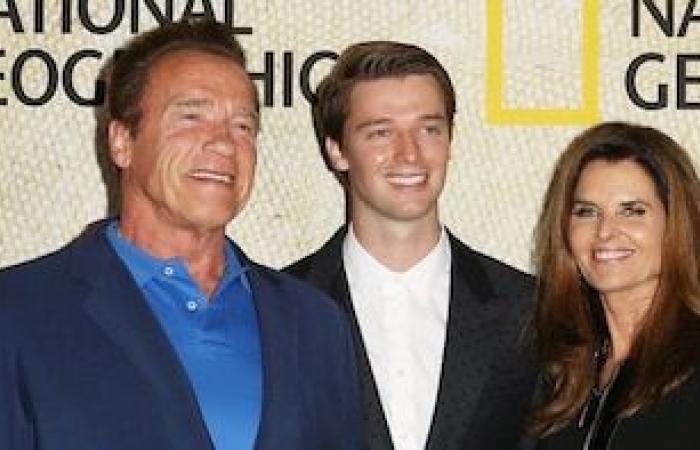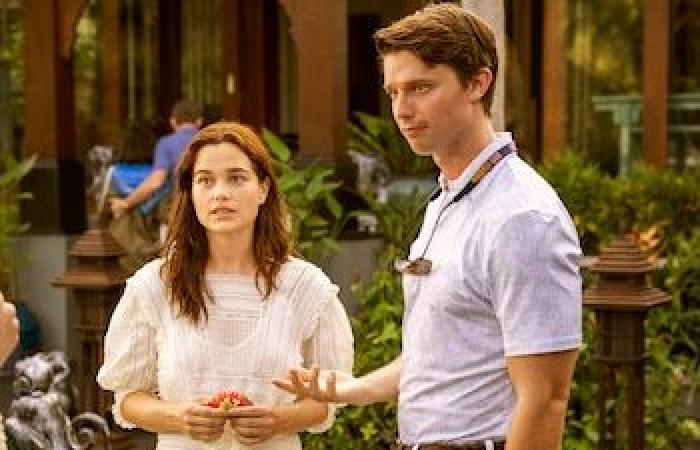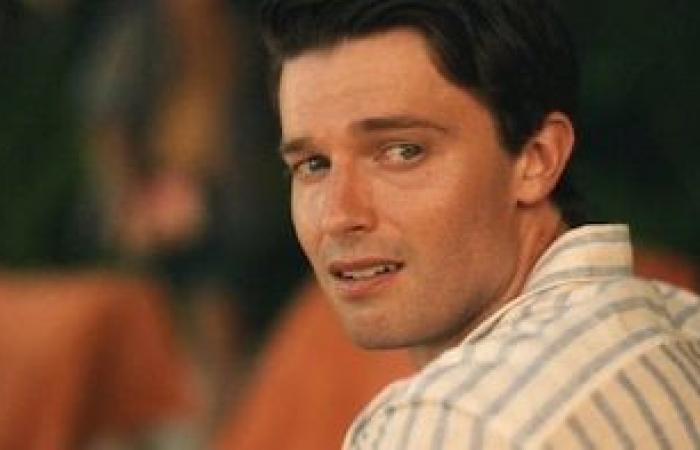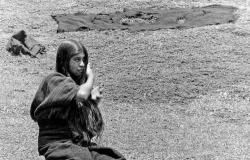For years, Patrick Schwarzenegger converted the brain health In a personal cause. Its implication in the subject does not arise from a passing trend or a public image strategy, but from a direct family experience. In an interview with Well+Goodthe actor of “The White Lotus” revealed that The Alzheimer’s that diagnosed his maternal grandfather in the early 2000s deeply marked his family.
The reaction of her mother, the journalist Maria ShriverIt was immediate, noticing the low financing and lack of specific research on Alzheimer’s in women, decided to promote a movement that gave visibility to the problem. “A disproportionate amount of funds to Alzheimer’s investigation was allocated in women, and all brain -related studies were carried out in men,” said Schwarzenegger.
That inequality was the spark that lit the women’s movement with Alzheimer’s (WAM), founded by Shriver in 2010. WAM became the first organization dedicated exclusively to make visible and combat the disease among women, which represent about two thirds of the diagnosed cases.

A decade later, the organization joined the Cleveland Clinic To create the Women’s Movement Prevention and Research Center with Alzheimer’s. There, brain health programs are designed specifically for women, while promoting research with a gender approach.
during the pandemic, this mission acquired a new dimension in which the mother and the son launched together the MOSH brand, a line of healthy food with social purpose. “When I returned home with her during the Covid, she had the idea of creating a food company with a clear mission, which would raise funds for Alzheimer’s and educate consumers about how her diet affected her brain,” Schwarzenegger said.
MOSH, in addition to marketing protein bars, donates part of their profits to dementia research, organizes walking clubs and disseminates educational content in events and social networks.
In parallel with that mission, Patrick Schwarzenegger adopted in his daily life a series of habits aimed at maintaining the active brain:

The first change in his lifestyle arose upon hearing a study published in JAMA Neurology In 2022, which followed 78,000 people between 40 and 79 years old. The work found that those who walked at least 9,800 daily steps reduced the risk of developing by 51 % dementiacompared to inactive individuals.
From that data, Schwarzenegger decided to integrate the walk as a regular and quantifiable activity. It was proposed to reach 10,000 steps every day, and discovered that it could incorporate this practice even in their work moments. “I like to attend calls while I am in motion to work while I train”he said. Walking not only became its main form of exercise, but also a moment of connection with the environment, body and mind.
To its walking routine adds weight lifting sessions several times a week, convinced that any form of exercise provides cognitive benefits.

Another of their daily decisions has to do with the feeding. Schwarzenegger maintains a plan based on high foods and fiber, and prevents the consumption of sugars and ultraprocess products. This choice has solid foundations.
According to the Fisher Center foundation for Alzheimer’s research, consuming foods with a high sugar content, saturated fats and industrial processing, it raises the risk of cognitive deterioration and the appearance of neurodegenerative diseases.
Instead, specialists recommend opting for whole grains, fruits, vegetables, legumes and fish. For those who just begin, the advice is to gradually incorporate these groups into the daily food.
“You don’t have to make drastic changes at once (unless you want, of course!),” Suggests the article. This is the same logic that guides Mosh’s recommendations, whose educational message aims to raise awareness about how diet can act as a preventive tool.

The third daily practice does not require any special equipment or preparation, it is about maintaining contact with other people. Science supports this idea. A recent analysis of 2025, financed by the National Institute on Aging of the United States, concluded that social isolation and loneliness increase the probability of suffering from Alzheimer’s and other types of dementia by 31 %.
Therefore, Schwarzenegger values interaction with his surroundings and fosters meeting spaces. “Understand the importance of keeping in touch with others and communicating with your loved ones on a daily basis”said. In turn, part of Mosh’s purpose is to generate community activities, such as walking clubs in Santa Monica, where participants not only exercise but also establish links. “It’s a time to meet, meet others, build community and connect healthy for the brain,” he explained.
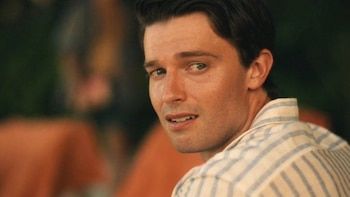
The fourth pillar of his routine points to intellectual training. “The best way to take care of the brain is using it”Schwarzenegger sentenced in his talk with Well+Good. As an actor, a central part of his work implies memorizing dialogue lines for each project. This constant memory exercise considers it an effective way to maintain the mental agility
But it is not limited to the professional. It also incorporates hobbies that require attention, logic and strategy. Play al Wordle every day and participate in board games such as Rummyubboth recommended by neuroscientists as cognitive stimulation tools. These playful moments are not just a distraction, they function as cerebral gymnastics.



